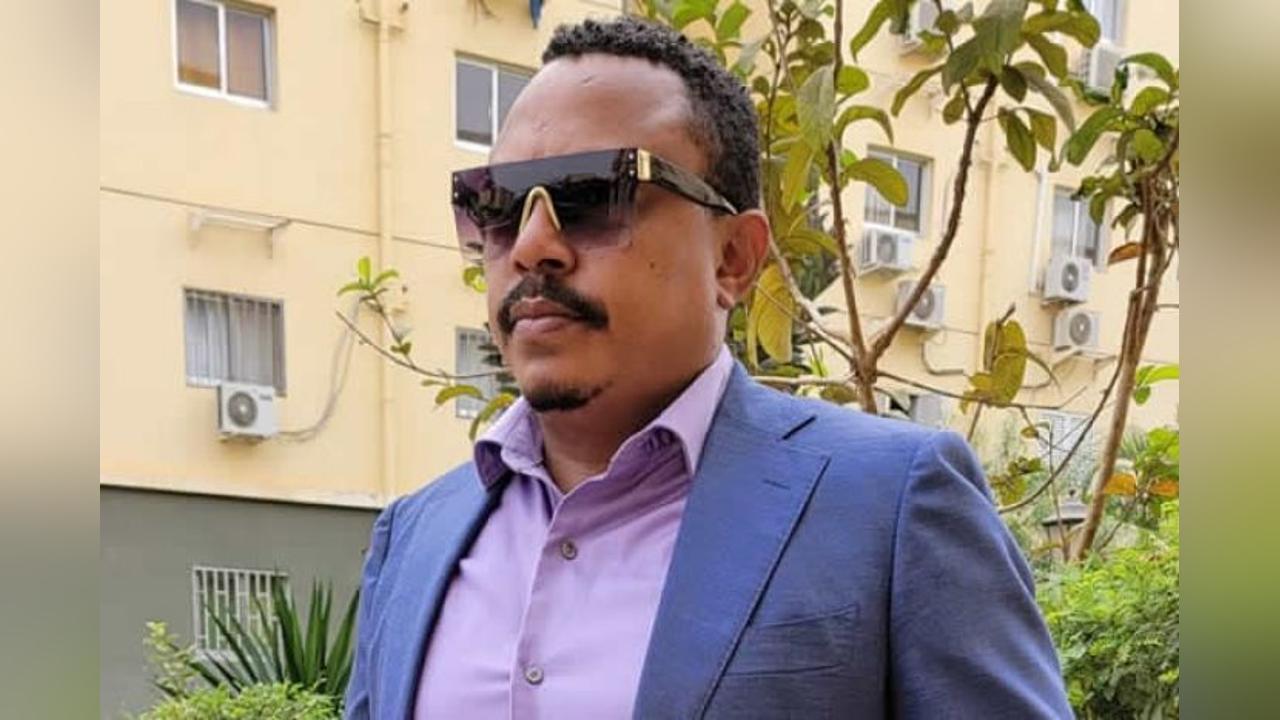By Carlos Alberto *Journalist
Africa-Press – Angola. The early afternoon of Friday, the 26th, heated up on social media. On one hand, it appears that a TPA team decided to post documents on social media with signatures and details that support their report, proving that they didn’t fabricate facts.
On the other hand, a categorical denial emerged from former CIA officer Dale Bendler, who denies any personal or commercial connection with Higino Carneiro and accuses TPA itself of having published false news.
In the midst of this crossfire, the question remains: after all, who is telling the truth?
What the papers say
In emails shared on social media, signed by Sandra Bendler, it reads: “Our point of contact (POC) in Angola is retired general Higino Carneiro, who is considering running for president in 2026.”
And further: “We have been in contact with the General regarding his concessions that possess (or may come to possess) the following rare earths: Neodymium, Praseodymium, Samarium, Dysprosium, Yttrium and Terbium.”
This isn’t street-corner gossip: it’s formal correspondence, with strategic minerals and a monthly fee of $24,750. In Angola, that’s enough to pay a battalion of teachers—but it seems more interesting to fatten up “discreet consulting.”
What does the statement say?
Dale Bendler responded in a statement: “I have never met, maintained any personal or business relationship, nor have I conducted any financial transactions with General Higino Carneiro.”
And he accused TPA: “I vehemently repudiate the stance of the Angolan Public Television (TPA) in broadcasting a false, irresponsible news story, devoid of any minimum journalistic verification.”
A tidy denial, but one that was shared online and not sent to the TPA. It’s like swearing your innocence at the local grocery store but avoiding court.
Silence and tactics
Both Bendler and HC seem to follow the same script: press releases and social media, yes; public explanations at press conferences with awkward questions, never. Great tactic!
And the question remains:
If TPA is lying, why isn’t it demanding the right of reply on air?
If the documents are false, why aren’t they challenged in court?
If they are true, why do they continue to prefer digital victimization over institutional explanation?
Meanwhile, citizens are left to watch this poorly written soap opera, with daily episodes of “I denied it yesterday, I deny it today, and I deny it tomorrow.”
The escape forward
A source even confided in me that HC may drag the TPA to court. But everyone knows that, if it moves forward, the case would not receive a final, res judicata decision before the 9th Ordinary Congress of the MPLA in 2026.
The trick is simple: turn suspicion into a political banner, play the victim, and buy time. Beautiful!
It’s the old “jump to the race” tactic: avoiding today’s explanations to try to win votes tomorrow. A kind of “justice à la carte”: slow for the courts, fast for the networks.
The duty of the TPA and the surveillance of the ERCA
If the TPA wants to be taken seriously as a public body, it needs to apply the same investigative rigor to all MPLA leadership candidates—including João Lourenço, should he run again. Only then will it demonstrate that it is not an instrument of factions, but a public service.
Meanwhile, ERCA, always so quick to criticize private agencies when they pinch ministers’ egos, seems to live in a spiritual retreat when it comes to demanding impartiality from the TPA. Partiality, when it’s state-owned, doesn’t seem to bother them as much.
Jesus told the parable of the wise man who built his house on the rock, and the foolish man who built it on sand:
“ The rain came down, the floods came, and the winds blew and beat on that house; and it did not fall, because its foundation was on the rock. But the one on the sand fell, and great was its fall ” (Matthew 7:25-27).
Media without impartiality is a house built on sand. Politicians who dodge questions are the same. Both can hold out for a while, but the storm of truth inevitably brings them down.
Questions that remain
Are the documents authentic or fabricated?
If false, how can such specific signatures and details be justified?
If true, what role does HC play in the rare earths business?
Why do Bendler and HC hide behind statements instead of coming forward?
Will the TPA continue to be a political tool, or will it treat all candidates equally?
And will the ERCA continue to slumber, or will it finally fulfill its role as guardian of impartiality?
The lesson that remains
Between documents that speak volumes and statements that merely deny, there’s a lack of transparency. TPA should serve the public, not factional projects.
ERCA must come out of hibernation and assume its regulatory mission. And politicians, if they want credibility, must respond head-on, with documents, evidence, and courage—not with tearful social media posts.
Because denying without explaining is just pretending the house of sand will weather the storm. But the Bible has already given us a spoiler: the fall is always great.
For More News And Analysis About Angola Follow Africa-Press






